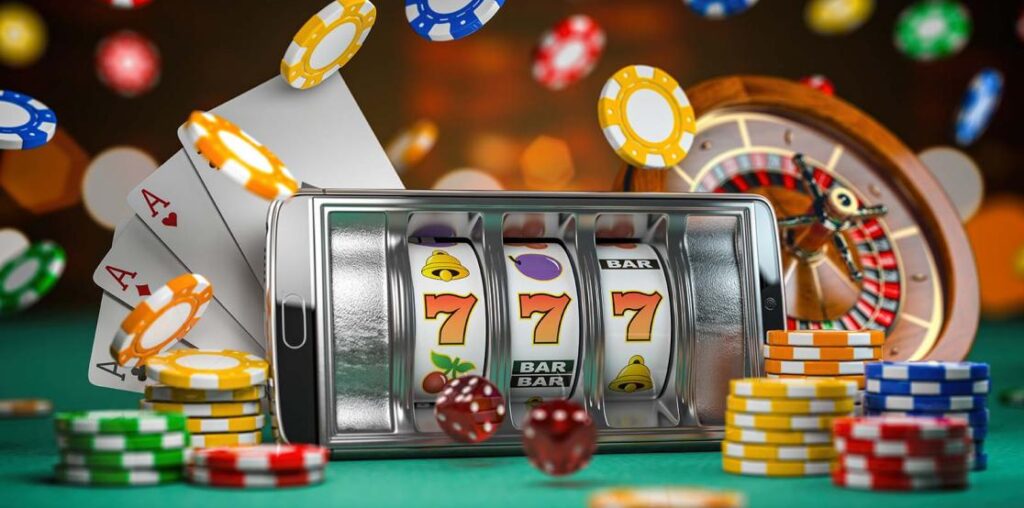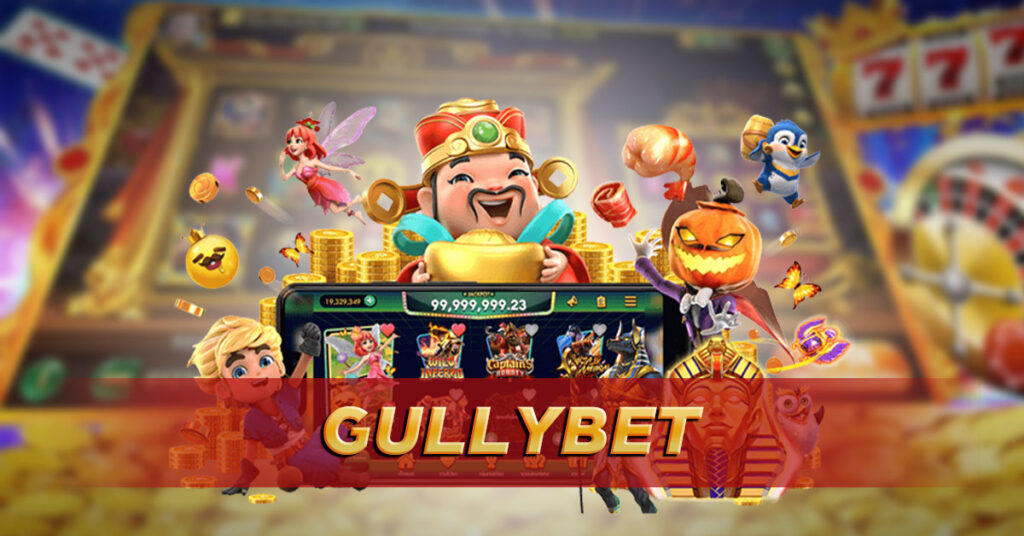Slot machines have long been a favorite form of entertainment at casinos, drawing in millions of players from around the world. Despite the fact that slots are games of chance, they have a unique ability to captivate and even, at times, become addictive. But what is it about these games that keeps players coming back for more? In this article, we’ll explore the psychology behind slot machines and examine why they are so addictive.
The Thrill of Uncertainty
At the heart of slot machines is one of the most basic psychological triggers: the thrill of uncertainty. Players never know exactly when or if they will win, and this unpredictability is what makes slot machines so exciting. This element of randomness and chance keeps players on the edge of their seats, eagerly anticipating each spin. The anticipation of a potential win, mixed with the uncertainty of the outcome, creates a heightened emotional response that can be hard to resist.
The uncertainty of when the next win will occur taps into the human desire for unpredictability. The brain releases dopamine when we experience moments of surprise or expectation, which is why we get such a rush when the reels spin and stop at a winning combination, even if it’s only a small payout.
Near Misses and the Illusion of Control
One of the most potent psychological elements of slot machines is the “near miss” effect. A near miss occurs when the reels stop just short of a winning combination — for example, when two matching symbols appear with only one more needed for a win. Despite not winning, the near miss still feels like a close call, which can trigger the brain to believe that another spin might bring success.
This near-miss effect is powerful because it creates the illusion of control. Players feel that they are “close” to winning, and this sensation can encourage them to keep playing, thinking that victory is just around the corner. Research has shown that near misses can increase the desire to play and contribute to the addictive nature of slot machines.

Variable Reinforcement and Its Impact
The concept of variable reinforcement plays a significant role in slot machine addiction. In behavioral psychology, variable reinforcement refers to a system where rewards are given at unpredictable intervals. For example, a player may not win every time, but when they do win, it is often unexpected. This reinforces the behavior of playing, as the brain learns to associate the behavior (spinning the reels) with a potential reward.
The randomness of rewards, which is present in slot games, makes it much harder for players to predict when they will win. This uncertainty keeps them engaged, as they continue to hope for that next win. The fact that the rewards are inconsistent is key — if a player knew they would win every fifth spin, they might stop playing. But the unpredictability of when a payout will occur keeps the brain engaged, leading to continued play.
The Role of Sound and Visuals in Enhancing the Experience
Slot machines are carefully designed to stimulate the senses and create an immersive experience. From the flashing lights to the sounds of coins dropping, the machines are designed to reward players with sensory feedback, even for small wins. The jingles, celebratory sounds, and flashing lights that accompany a payout are intended to trigger feelings of excitement and success.
These sensory cues are not just for show; they’re strategically used to create an emotional connection with the player. The sights and sounds that accompany wins (even small ones) reinforce the idea that playing slots is rewarding, which encourages continued play. The constant reinforcement, both visual and auditory, builds an emotional attachment to the machine and can make it difficult for players to walk away.
The Danger of “Chasing Losses”
One of the most dangerous aspects of slot machine psychology is the tendency to “chase losses.” When players experience a losing streak, they may feel compelled to keep playing in an attempt to recover their losses. This behavior is fueled by the emotional roller coaster that comes with slot gaming — the highs of winning and the lows of losing. The desire to make up for losses can lead to impulsive and reckless behavior, causing players to continue playing longer than intended and, in some cases, gambling beyond their means.
Conclusion
The psychology behind slot machines is a complex interplay of unpredictability, reinforcement, and sensory feedback. While these elements contribute to the excitement and enjoyment of the game, they also explain why slot machines can be so addictive. The thrill of uncertainty, the illusion of control, and the power of variable reinforcement can keep players coming back, sometimes leading to problematic gambling behaviors. Understanding these psychological factors can help players be more mindful of their gaming habits and ensure they enjoy slot machines responsibly.




